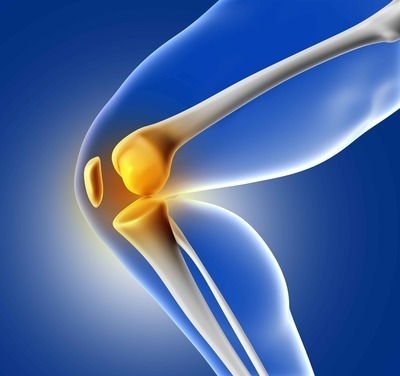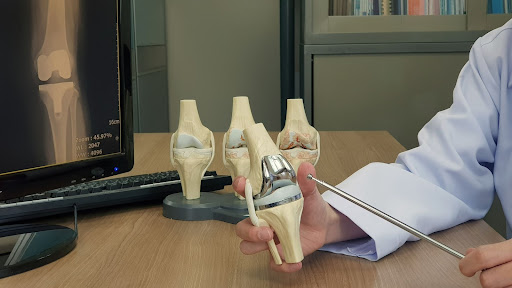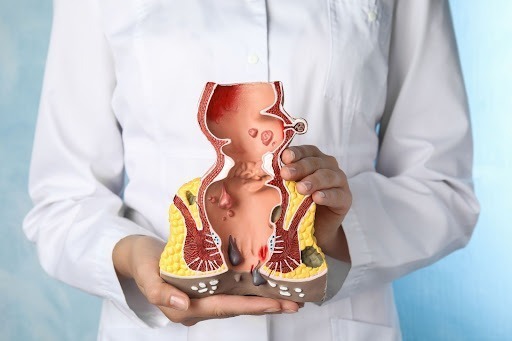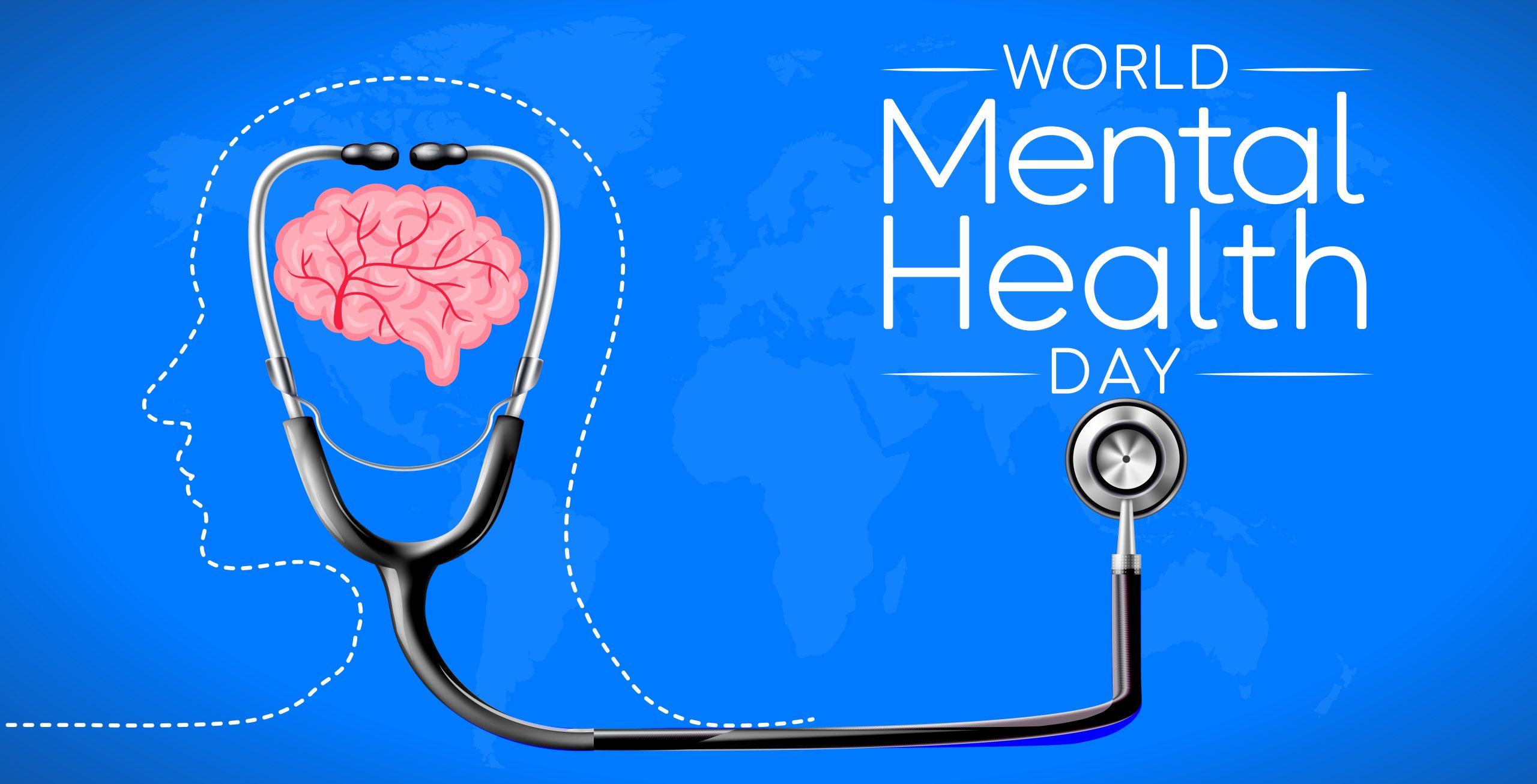Conditions & Diseases / Endocrinology
Thyroid: Frequently Asked Questions

by admin
12th April 2022
5 minutes read
It is obvious to have several questions in mind when diagnosed with thyroid, or when having similar symptoms. People have questions like ‘is thyroid curable,’ ‘what is thyroid disease,’ or ‘how to control thyroid?’ We bring you an array of questions to help you understand the disease better.
What is thyroid? What does thyroid gland do?
Thyroid is the butterfly-shaped gland present in the front of our neck. This gland carries out the function of producing hormones, namely triiodothyronine (T3) and thyroxine (T4). It is these hormones through which the gland functions and aids brain development, muscle control, mood regulation and digestive system.
What are thyroid problems? Why do they occur?
The two most common thyroid problems/diseases are hyperthyroidism and hypothyroidism. The former one signifies over production of thyroid hormone (an overactive thyroid gland), while the latter one happens due to low production of thyroid hormones (an underactive thyroid gland).
The other serious thyroid conditions include thyroiditis, goiter, thyroid nodules and thyroid cancer.
How do I know I have a thyroid disorder?
Different thyroid disorders, such as hyperthyroidism and hypothyroidism, have certain overlapping symptoms. These disorders affect the same body systems differently. However, there are some other thyroid diseases with unique symptoms, such as thyroid cancer, goiter and Grave’s disease.
The symptoms can be:
- weight changes,
- temperature sensitivity,
- fatigue and sleep issues,
- mental health problems,
- problems in neck/throat,
- changes in hair, nails and skin,
- digestion issues,
- issues with menstruation and fertility,
- eye problems,
- cognitive problems as well as
- problems with the musculoskeletal system.
Note: If you see an enlarged part in the neck, consult a doctor right away.
Also note that pain is often ignored/overlooked as a symptom of thyroid disorder.
A few more rare symptoms of a diseased thyroid include high/low cholesterol levels, Grave’s ophthalmopathy (bulging eyes) and rashes.
How dangerous can thyroid disorders get?
Thyroid storm is a very serious, however, rare condition that occurs when hyperthyroidism is not treated. It can get triggered by infection, trauma or surgery. This condition can be deadly and show symptoms like delirium, very fast heart rate, diarrhea, high fever, agitation and loss of consciousness.
Myxedema coma is another serious, but rare condition caused due to hypothyroidism. It is triggered by infection, cold, trauma and certain medication. Its symptoms include dropping down of blood pressure and body temperature, resulting in unconsciousness. It can even cause death.
How’s life after thyroid treatment?
After thyroid removal, most people are able to get back to a normal, healthy life. They need to take pain medication as prescribed because ignoring pain medicines can be really tough once the pain starts.
One needs to start thyroid hormone replacement (taking a pill everyday) to compensate with the lack of thyroid hormone due to thyroid removal. Blood tests (once a year) will be required to check you’re on the right dose of this thyroid hormone (until the doctor finalizes the dose).
Those who have only a part of the gland removed may be able to produce enough hormone without replacement therapy also
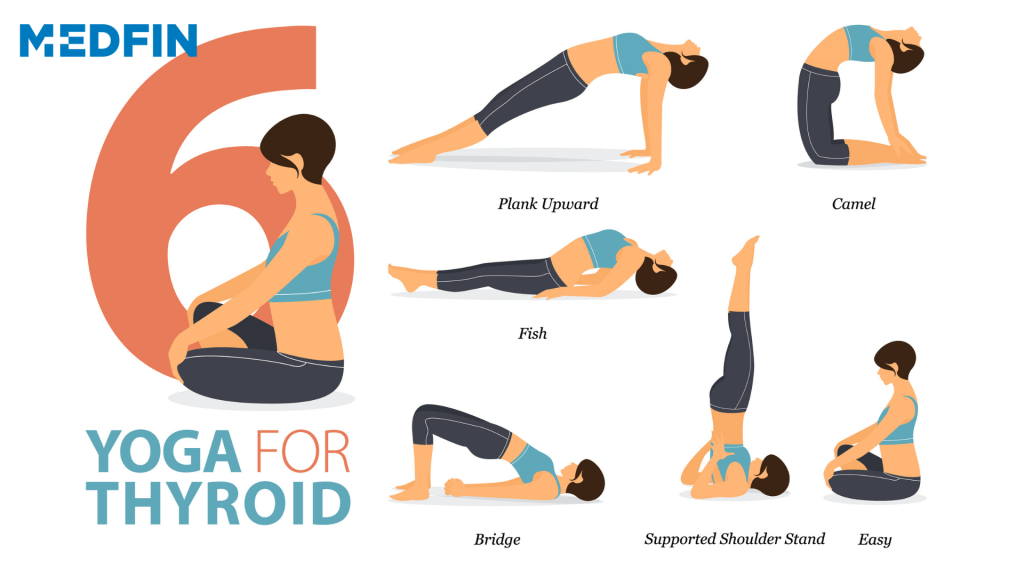
You will also have to follow all instructions on diet, wound care, activities and medicines at home.
If the thyroidectomy or thyroid removal was for thyroid cancer (thyroid cancer being the most common reason for this surgery), you should know that it’s curable with surgery. Though, it is tough to focus on recovery at the same time. Follow all instructions and do not miss medical appointments.
How can one prevent thyroid disorders from happening?
Quit smoking, eat less soy, take selenium supplements, do ask for a thyroid collar when going through X-rays to protect the gland from radiation exposure and visit the doctor on a regular basis.
Also, avoid junk food/refined sugar/sugary drinks, and drink loads of water. Eat healthy food (fruits and vegetables), rest enough, do not take stress and take lean sources of protein.
How to check thyroid at home?
You can look for lumps where your neck is. An enlarged thyroid is often a symptom of serious thyroid disorders. However, the doctor will diagnose the disease based on your symptoms.
What foods to avoid during hyperthyroidism (thyroid diet)?
While there’s no specific diet for hyperthyroidism, you may check your consumption of soy, cruciferous vegetables and selenium. You should also limit your intake of iodine. All these foods interact with thyroid medication
How is a thyroid disorder diagnosed?
The diagnosis is done with blood tests and imaging tests, including ultrasound or thyroid scan. Of course, the doctor will ask of your symptoms and medical history.
Can a thyroid disease be hereditary?
There are certain autoimmune thyroid diseases which can be hereditary, such as Grave’s disease and Hashimoto’s disease. Again, other risk factors include being female, suffering from some other autoimmune disease, being pregnant and more.
Will I lose weight with a thyroid disease?
Hyperthyroidism is one thyroid disease which causes weight loss. More severe hyperthyroidism can lead to more weight loss. Also, weight loss occurs with thyroid conditions that involve over production of thyroid hormone, such as in case of thyroiditis.
Can I exercise if I have thyroid?
Exercise is not a hindrance for thyroid. In fact, it is only good for the body. So, you can continue exercising even after being diagnosed with a thyroid disorder. Also, you may consult your doctor when starting a new exercise to see if it’s a good fit for you.
We at Medfin , the Surgery expert team, offer you access to latest and advanced treatment for thyroid surgery at most affordable costs. Our Personal Medfin assistants answer all your concerns related to surgery and ensure that your needs are met in your entire medical journey.
To consult an expert Medfin surgeon near you, please call us on 7026200200. You can also WhatsApp us on 7406557599 (click here to initiate a whatsapp chat).
Useful Link:- Thyroid: Diagnosis, Treatment and Recovery Explained
CATEGORIES
- ACL Reconstruction
- Anal Fissures
- Anal Fistula
- Appendicitis
- ASK A DOCTOR
- Benign Prostatic Hyperplasia
- Breast Lump Excision
- Cataract
- Circumcision
- Conditions & Diseases
- Cosmetology
- Covid-19
- Cure
- Endocrinology
- ENGLISH VIDEOS
- Eye Care
- Gallstones
- General Surgeries
- Government Schemes
- Gynaecology
- Gynecomastia
- Health
- Health Insurance
- Hernia
- Hindi
- Hip Arthoscopy
- Hip Replacement
- Hip Replacement Surgery
- Hydrocele
- Kannada
- Kidney Stones
- Knee Arthroscopic
- Laparoscopic
- LASER
- Latest Treatments
- Lifestyle
- Liposuction
- Medfin Stories
- Medicine
- Nephrology
- Ophthalmology
- Orthopaedic
- Paraphimosis
- Patient Testimonials
- PCL Reconstruction
- Phimosis
- Piles (Hemorrhoids)
- Pilonidal Sinus
- Proctology
- Prostate Artery Embolization
- Rhinoplasty
- Second Opinion
- Total Knee Replacement
- Urology
- Uterine Artery Embolization
- Uterine Fibroids
- Varicocele
- Varicose Veins
- Vascular
- VIDEOS


